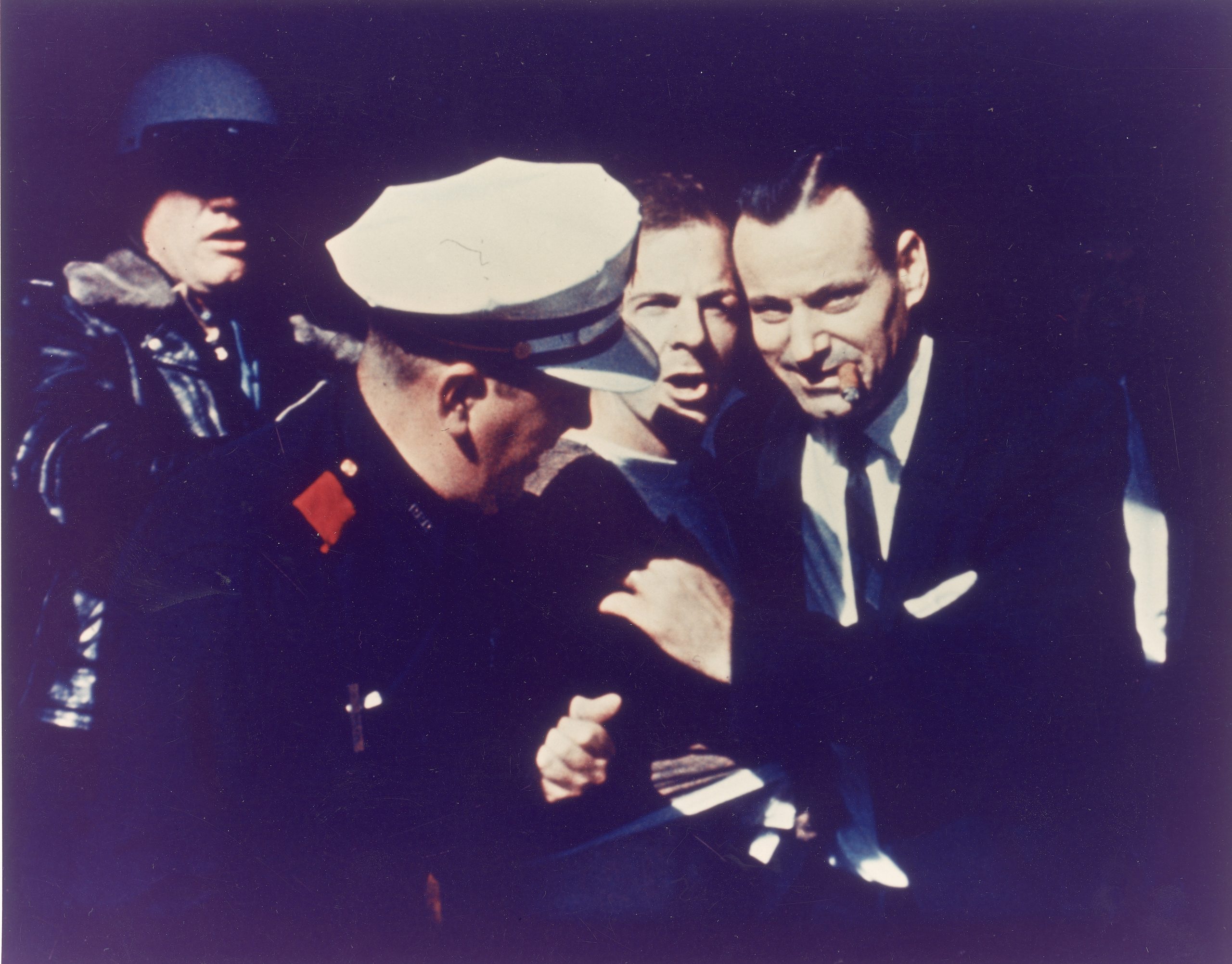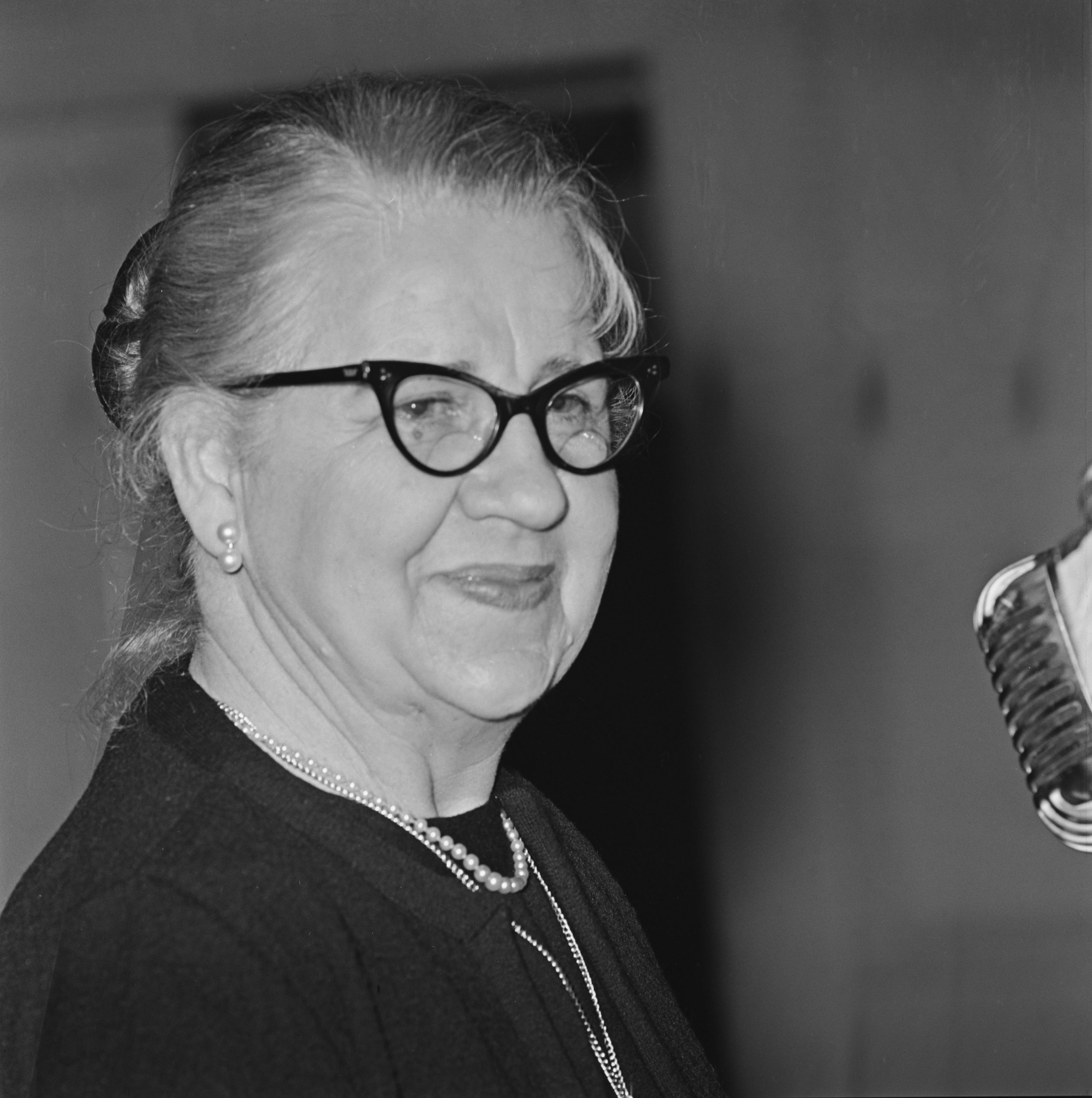A Remarkable Journey Filled with Milestone Moments
- Journalist Bob Schieffer, 86, highlights a memorable six-hour encounter with the mother of Pres. John F. Kennedy’s assassin, Lee Harvey Oswald, in a story he calls “the biggest story he almost got but didn’t.”
- Towards the latter half of Schieffer’s long journalism career, he was diagnosed with bladder cancer. He admitted he was reluctant to share his diagnosis until he learned the impact he could have on others in similar situations. Fortunately, his cancer was caught early, and he underwent surgery to treat it and reach remission.
- Bladder cancer develops when cells that make up the urinary bladder grow and eventually become tumors. Smoking is a leading risk factor for this disease. Common symptoms include frequent or painful urination or blood in urine.
- The Food and Drug Administration-approved immunotherapy and chemotherapy combination as a treatment for people with metastatic bladder cancer has shown promise so far. This treatment is ideal for patients who cannot receive cisplatin-based treatment.
- The unique combination is enfortumab vedotin (also known as Padcev) and pembrolizumab (known as Keytruda). In a study of the combination, the new treatment achieved a response in 64.5% of the patients.
Veteran journalist Bob Schieffer, 86, has documented many memorable historical moments in his decades-long career. Timing and a bit of luck landed him alongside the mother of America’s enemy number one in November 1963 when he spent six hours with Marguerite Oswald, the mother of Lee Harvey Oswald, the day he assassinated President John F. Kennedy.
At the time, Schieffer was a young reporter in Fort Worth, Texas, and he happened to be in the newsroom when Oswald’s mother called seeking a ride to the police station.

Schieffer managed to covertly gather information from Ms. Oswald and funnel it back to his news station via telephone while keeping competing reporters at bay.

“Toward nightfall, she said to me, ‘Do you think they’d let me go see my son?’ I said, ‘I don’t know. I went to ask the homicide chief, and he said, yeah, we ought to do that.’ He led us into a holding room at the jail,” Schieffer said.
“I’m thinking, my heavens, I’m going to be able to see this guy; they’re bringing him down from the jail. I’ll get to interview him, maybe; if not, I’ll at least be able to hear what he says to his mother. Then, finally, a man who turned out to be an FBI agent standing in the corner said, ‘Son, who are you?’ Then I said, ‘Who are you?’” That’s when Schieffer was finally kicked out of the room.

Schieffer calls the experience the “Biggest story he almost got but didn’t.”
Schieffer’s career flourished and spanned many more years before retiring in 2015.
While his journalism career had many exciting moments, such as his close encounter with the Oswald family, his cancer journey proved equally impactful.
Helping Patients Better Understand Bladder Cancer
- Bladder Cancer: Key Terms to Know
- Can Urinary Tract Infections Cause Bladder Cancer?
- Can Metastatic Bladder Cancer Be Treated With Immunotherapy?
- Digital Guide: Bladder Cancer & Surgery
- FDA Approves the First Major New Alternative to Surgery for Bladder Cancer in 20 years
- How is Bladder Cancer Treated Differently Once it Has Spread Beyond the Bladder?
Schieffer’s Remarkable Journey
Schieffer was diagnosed with bladder cancer in 2003. The diagnosis came after he noticed blood in his urine, which prompted him to see his doctor. Bladder cancer develops when cells that make up the urinary bladder start to grow and eventually develop into tumors. Smoking is a leading risk factor for this disease.
Symptoms of bladder cancer may include:
- Frequent urination
- Painful urination
- Flank pain (around the sides of your body)
- Urgency
- Blood in Urine
“I was very reluctant to speak out about it,” Schieffer told Coping Magazine.

Professional colleagues encouraged the veteran journalist to share his cancer journey publicly on his visible platform. He quickly saw the impact of his vulnerabilities because he heard from many viewers also living with a health condition.
“Because of my talking about it, they went to the doctor and were diagnosed, and their cancer was treated. It really brought home to me how important it is when we have these diseases to not be afraid to talk about them,” Schieffer said.
Schieffer explained his bladder cancer was found early, and his doctors were able to remove it without further issue. He went on to say he’s been declared cancer-free.
When You’re Reluctant to Share
Schieffer’s reluctance to share his cancer diagnosis is completely normal.
Some people battling a disease or cancer are open to sharing their experiences as much as they can, while others prefer to keep it to themselves or close loved ones. SurvivorNet experts say both approaches and everything in between, are valid.

“Patients who have just been diagnosed with cancer sometimes wonder how they are going to handle the diagnosis of the cancer in social situations,” psychiatrist Dr. Lori Plutchik explains.
“How much information they should share and with whom they should share the information, everybody is different,” Plutchik added.
Dr. Plutchik explains, “There is no one right way to handle this diagnosis. People should do what feels right to them.”
A cancer journey can last months to years, which means cancer warriors may be experiencing a lot of uncertainty until they fully understand where their health stands. This uncertainty can influence when a cancer patient is ready to share their diagnosis, Dr. Plutchik further explained.
Dr. Plutchik stresses that those close to a person going through cancer should be respectful of their wishes when it comes to disclosing their diagnosis and seeking support.
Bladder Cancer Treatment
Bladder cancer can be treated in various ways, but your doctor will consider several factors to determine the best treatment. Where the cancer is inside your body and if it has spread are some factors doctors look at before finalizing your treatment plan.
Surgery for bladder cancer often offers the best chance for a cure. There are various surgical options depending on the location of your bladder cancer.
For patients with non-muscle invasive bladder cancer, treatment will most likely consist of transurethral resection of visible bladder tumor (TURBT). During this procedure, the surgeon gently inserts a surgical instrument containing a camera into the urethra and pushes it upward until it reaches the bladder.
Once at the bladder, the instrument is used to remove all the tumors that the surgeon can see on camera. Most patients can leave the hospital on the same day, but some may need to stay longer, depending on how much tissue has to be removed.
If the surgeon and pathologist determine that more tissue needs removal, additional surgery may be performed four to six weeks later.
Depending on the aggressiveness of your tumor, cystoscopy will be required to check the area once a year or as frequently as every few months for the first few years after treatment. This is combined with routine imaging of the urinary tract.
Chemotherapy is usually recommended before cystectomy or the total or partial removal of the bladder. Giving chemotherapy prior, or “neoadjuvant,” has been shown in large trials to improve survival in bladder cancer.
Other options to treat bladder cancer may include immunotherapy or targeted therapy.
WATCH: Treating Late-Stage Bladder Cancer
Advancements in Treatment Include Immunotherapy-Chemo Combo
The Food and Drug Administration (FDA) has granted accelerated approval for the unique immunotherapy and chemotherapy combination of enfortumab vedotin (also known as Padcev) and the drug pembrolizumab (also known as Keytruda) as a treatment for patients with locally advanced or metastatic bladder cancers who do not qualify for Cisplatin-based chemotherapy as a treatment option.
Enfortumab vedotin is an antibody-drug conjugate or compound treatment. The antibody portion of this drug targets Nectin-4, which is a molecule liberally expressed on the surface of bladder cancer cells. This molecule helps cancer cells stick to one another. It also allows them to proliferate.
After the antibody binds to Nectin-4, the chemotherapy drug MMAE (monomethyl auristatin E) is injected into the cancer cells. MMAE decimates the scaffolding on which the cancer cells are born, stopping the tumor from growing and killing it.
Cancer cells can learn to evade detection by the immune system. They can essentially hijack the PD-1 (Programmed Death Receptor-1) and PD-L1 (Programmed Death Ligand-1) pathways to survive.
PD-1 is a protein on the surface of immune cells. PD-L1 is a protein in the tumor cells that can bind to PD-1 and prevent the immune system from killing the cancer cells. Pembrolizumab interrupts this process by binding to PD-1, allowing the immune cells to exterminate cancer.
Cisplatin is a prevalent type of chemotherapy drug and has been the standard of care for advanced bladder cancer. However, about half of patients with advanced bladder cancer are ineligible to receive this treatment. So, the approval of this combination meets a significant need and can bring hope to many people.
The efficacy of this combination was first reported in the results of a clinical trial (called EV-103 Cohort K) at the European Society for Medical Oncology (ESMO) 2022 Congress.
While Padcev has long been approved for the treatment of bladder cancer, its new approval for use in combination with Keytruda is a reason for optimism.
Learn more about SurvivorNet's rigorous medical review process.
